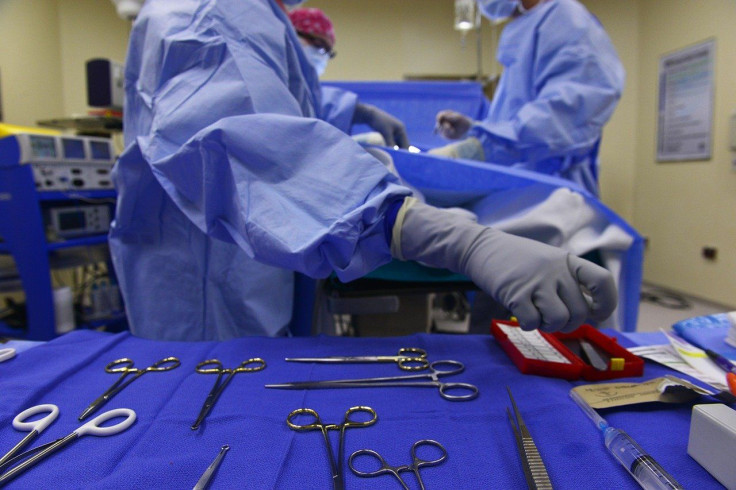Surgery or Antibiotics for Appendicitis?

It used to be that just about everyone had their appendix removed during childhood. It was almost a rite of passage. “[A]ppendectomy is one of the most common abdominal operations in the world,” Christopher J. Burns, MD, wrote in the Harvard Health Blog. “It is also the most common emergency general surgical operation performed in the United States.”
But in some situations, physicians are first treating appendicitis with antibiotics, hoping to avoid surgery. While the surgical procedure is very common and well-tolerated by the patient, for the most part, any type of surgery has the risk of complications, including infections. And recovery takes the patient away from work or school for at least a few days, if not longer.
Do antibiotics work for appendicitis?
In 2015, a study that looked at the benefit of antibiotics for appendicitis received a lot of notice in the medical community. The researchers found that most patients who received antibiotics for appendicitis not complicated by a rupture or abscesses, recovered and didn’t need surgery up to a year later. Patients who did go on to have surgery did not have significant complications, Dr. Burns wrote.
New research, published in the New England Journal of Medicine, compared outcomes of patients with appendicitis who had an appendectomy with those who took antibiotics. The researchers found that while the medical treatment route was effective for some patients, it wasn’t for all.
"There were advantages and disadvantages to both treatments, and patients are likely to prioritize these in different ways based on their own unique characteristics and interests," said F. Thurston Drake, MD, in a press release. Dr. Drake is a general and endocrine surgeon at Boston Medical Center (BMC). He served as co-site lead for the study.
The study
Twenty-five medical centers participated in the trial, which involved over 1,500 patients with appendicitis. Half received antibiotic therapy and 47% of them stayed home as treatment started. The other half underwent surgery – 96% had laparoscopic surgery. This is a minimally invasive surgery, using only a tiny incision.
After 3 months, the researchers noted that a little less than a third of patients in the antibiotic group ended up having surgery anyway. The antibiotic group also experienced more complications during treatment. "People treated with antibiotics more often returned to the emergency department but missed less time from work and school," said Bonnie Bizzell, chair of the Comparing Outcomes of antibiotic Drugs and Appendectomy (CODA) Trial Patient Advisory Board.
Other findings of note included:
Both groups of patients had appendicitis symptoms for the same length of time
- Patients treated with either surgery or antibiotics experienced symptoms of appendicitis for about the same amount of time.
- Approximately 3 out of 10 patients in the antibiotic group underwent appendectomy by 90 days.
- Patients with an appendicolith, a calcified deposit within the appendix, were twice as likely to have complications and this increased the chances of surgery.
The take-home
Appendicitis doesn’t always mean having to have surgery. Depending on the situation, antibiotics may be the right treatment. However, antibiotic treatment doesn’t guarantee that surgery won’t be necessary later on. If you or someone you are caring for has appendicitis, speak with your physician to determine the right course of action.
Published by Medicaldaily.com



























